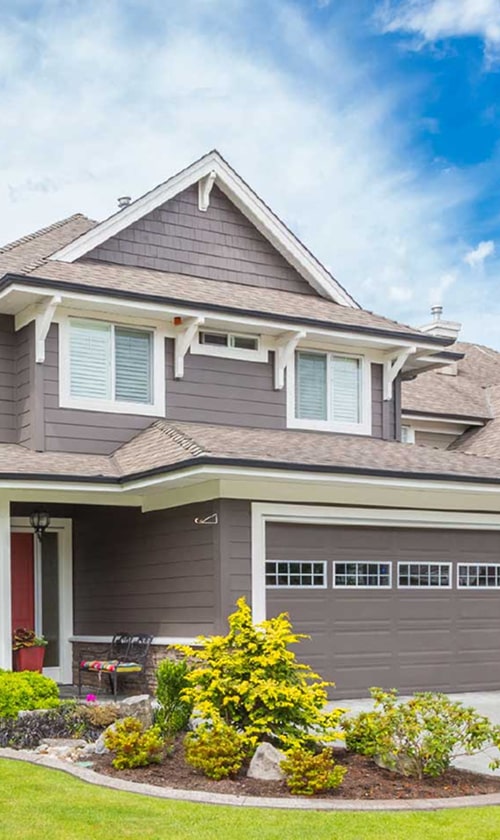Heat Pump Installation With Weather Masters Of Georgia

Are you looking to upgrade your heating and cooling system and increase the efficiency of your home or business?
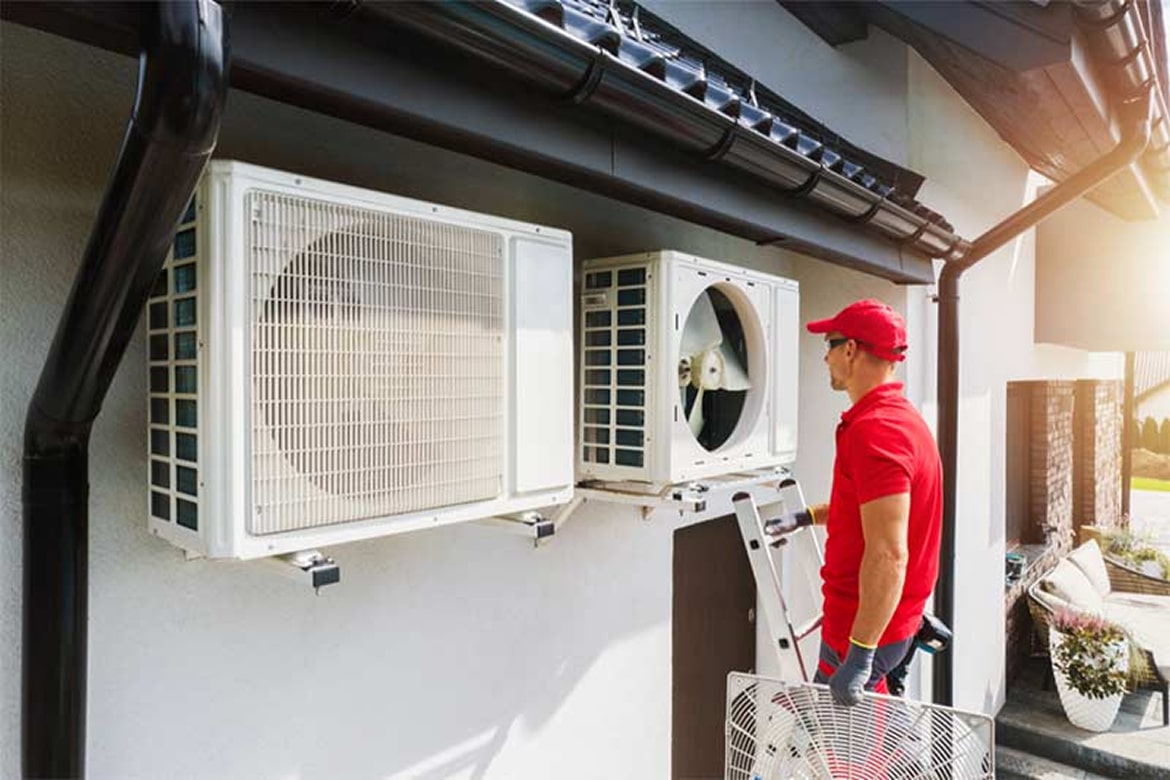
Weather Masters of Georgia provides the best heat pump solutions that meet your needs and budget. We understand that choosing the right heat pump can be a confusing and overwhelming process. That’s why we are here to help guide you through the process and answer any questions you may have. Our technicians will assess your needs, evaluate your current system, and recommend the best heat pump solution.
Contact us today to schedule a consultation and take the first step towards a more comfortable environment.
Schedule An Appointment With Us Today!


How Heat Pumps Work
Transform the way you experience home comfort with heat pumps. These versatile systems heat your home during winter and cool it during summer. Let our skilled heat pump technicians work with you to see if this cost-efficient solution is right for your home.
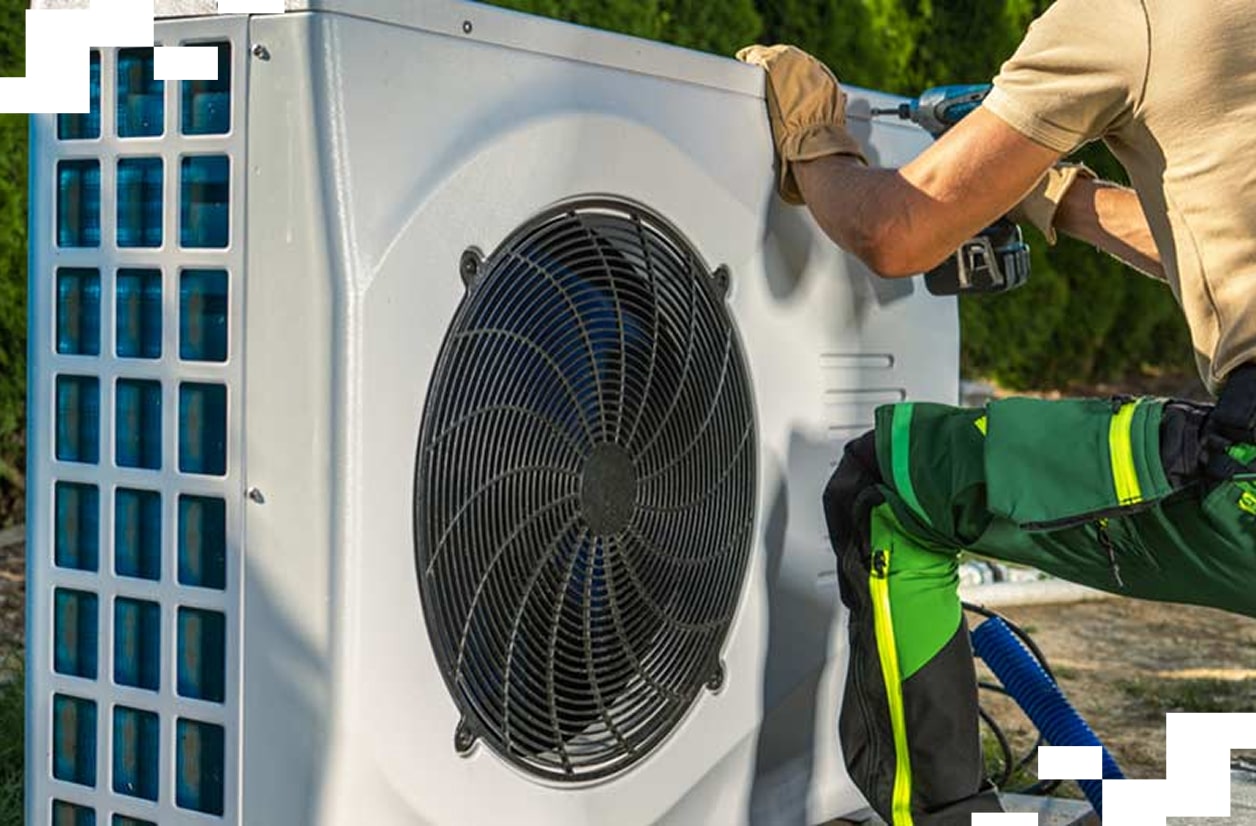
Benefits of Heat Pumps
Experience the following benefits when you switch to Heat Pumps:
- Overall reduction of energy costs
- Enjoy perfectly balanced temperatures
- Dual heating and cooling comfort
- Reduced frequent repairs
Make the smart choice for a comfortable and energy-efficient home. Contact Weather Masters of Georgia today to learn more about how a heat pump can benefit your home.
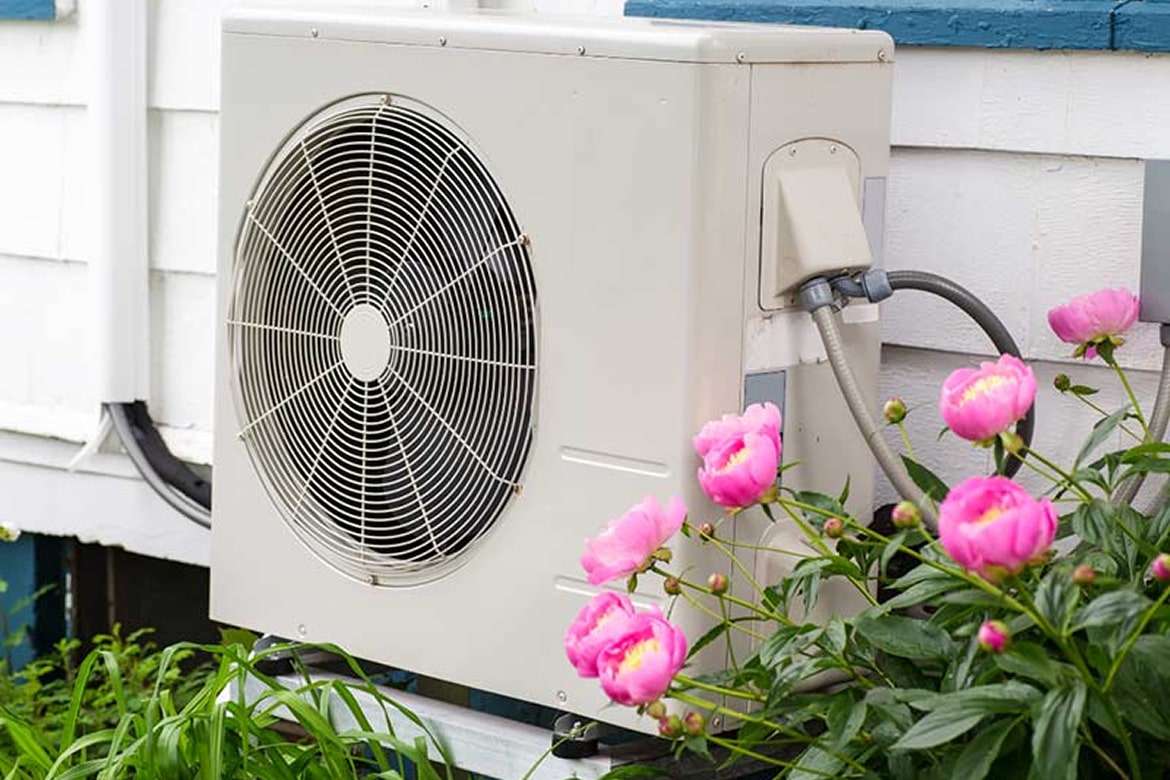
How Do Heat Pumps Impact The Environment?
We are passionate about providing our customers with comfortable and energy-efficient homes and protecting the environment. Weather Masters of Georgia is proud to offer heat pump solutions that positively impact the environment.
Heat pumps use renewable energy from the air or ground to provide heating and cooling, which means they consume far less energy than traditional HVAC systems. This reduces the amount of greenhouse gas emissions produced, helping to combat climate change. It also has a longer lifespan, less waste, and fewer resources used in its production and disposal.
Contact us today to learn more about how a heat pump can help you live sustainably while enjoying a comfortable home.
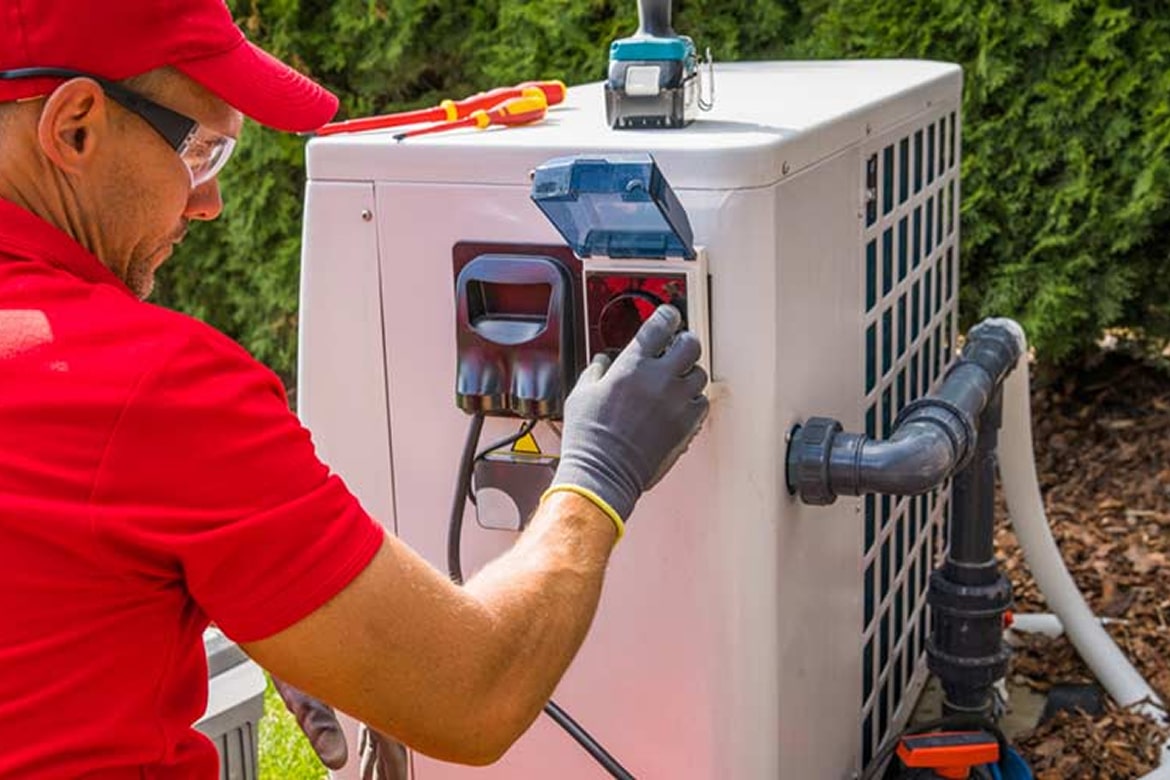
Pre-installation Process
We know that every home and business has its own set of challenges regarding heating and cooling. Our skilled technicians will assess your property and will recommend the best heat pump of your choice.
We’ll consider factors such as:
- Amount of insulation in your walls
- Size and layout of your property
- Number of windows and doors
- Orientation of your property to the sun.
Whether you have a small apartment or ample commercial space, our experts will take the time to explain the installation process and your specific needs so we can recommend the best heat pump for you. Let Weather Masters of Georgia provide you with the peace of mind that comes with a professional installation. Contact us today to schedule your appointment.
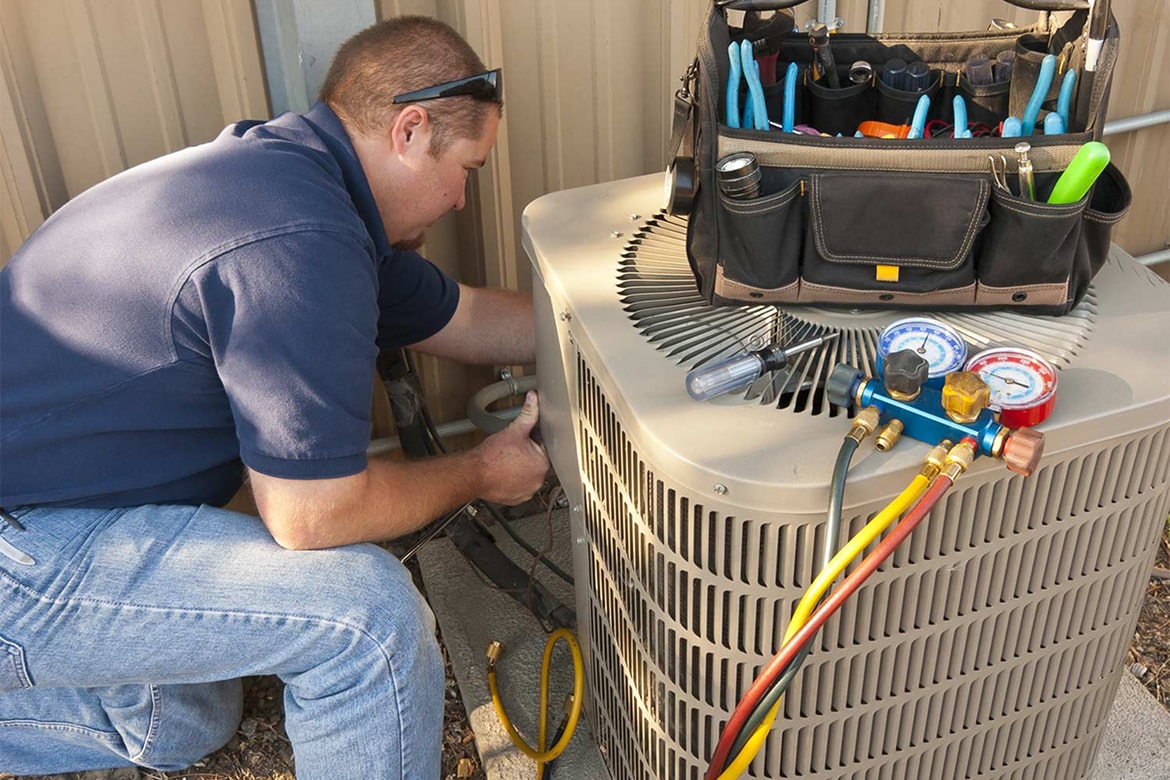
Heat Pump Vs. Air Conditioner
A heat pump is a highly efficient system that can heat and cool your home, while an air conditioner is designed solely for cooling. A heat pump transfers heat from the outside air into your home, making it an excellent option for areas with moderate climates. On the other hand, an air conditioner cools your home by removing heat and humidity, making it a better choice for hot and humid climates.
Let us know your specific needs and requirements for the best heating and cooling solution for your home. Whether you need a heat pump, air conditioner, or a combination of both, our team of experts from Weather Masters of Georgia will help you make an informed decision that fits your budget and provides maximum comfort.
Let Our Expert Team Install Your Heat Pump
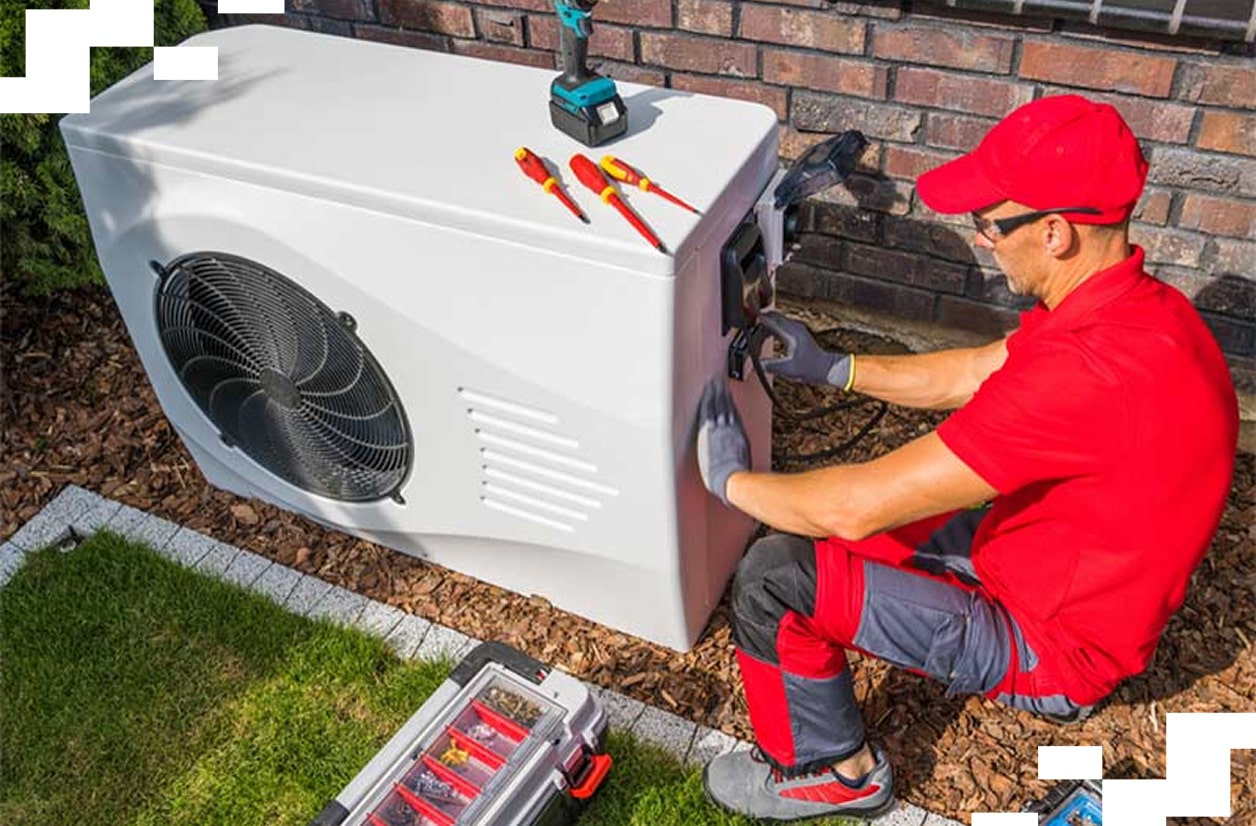
The installation of your heat pump is just as necessary as the heat pump itself. That’s why we always recommend having a professional handle the job.
Our team has the knowledge, experience, and equipment necessary to install your heating system quickly and efficiently, ensuring that it will safely operate and that you will be completely satisfied.
With a commitment to quality and a passion for helping our customers, Weather Masters of Georgia is the right choice for all your heating needs. Call us now.


